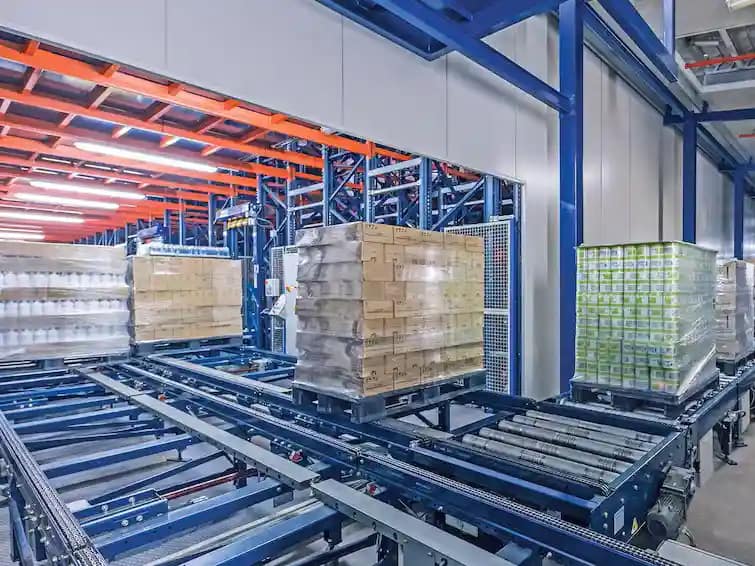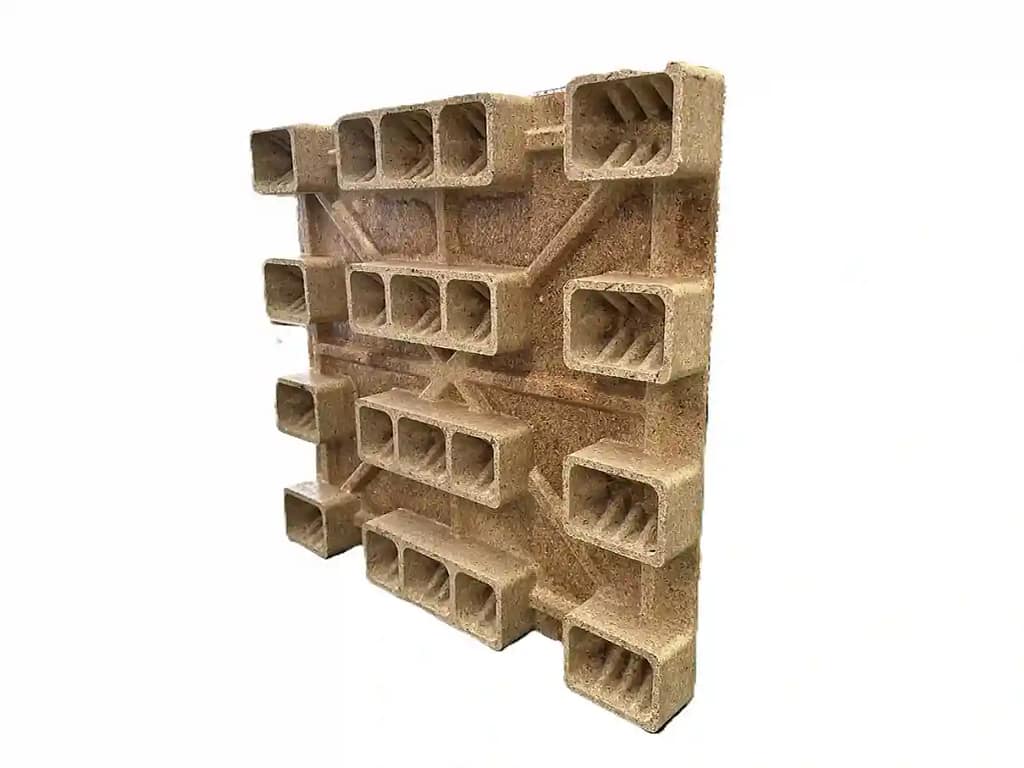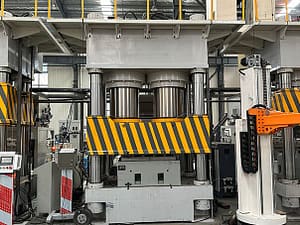The food industry demands high standards for hygiene, durability, and sustainability in its supply chain. One of the most critical components in this chain is the pallet, which is used to transport and store food products. Among the various types of pallets available, presswood pallets have gained significant attention due to their unique properties. But can they be used in the food industry? The answer is a resounding yes, and here’s why.

What Are Presswood Pallets?
Presswood pallets, also known as molded pallets, compressed pallets, or pressed pallets, are made from recycled wood fibers that are compressed under high pressure and heat using a pallet molding machine. This process creates a sturdy, lightweight, and eco-friendly pallet that is ideal for various industries, including the food sector.

Why Presswood Pallets Are Suitable for the Food Industry
- Hygienic and Easy to Clean: they are manufactured under high heat, which eliminates bacteria, pests, and other contaminants. This makes them highly suitable for the food industry, where hygiene is paramount. Unlike traditional wooden pallets, they have a smooth surface that is easy to clean and sanitize, reducing the risk of contamination.
- Durability and Strength: Despite being lightweight, this pallets are incredibly durable. They can withstand heavy loads, making them ideal for transporting food products. According to industry data, presswood pallets can carry up to 2,500 kg of weight, making them a reliable choice for heavy-duty applications.
- Eco-Friendly and Sustainable: The food industry is increasingly focusing on sustainability, and presswood pallets align perfectly with this goal. They are made from 100% recycled wood fibers, and the manufacturing process produces minimal waste. Additionally, presswood pallets are 100% recyclable, making them an environmentally friendly option.
- Cost-Effective: Presswood pallet are more cost-effective than traditional wooden or plastic pallets. They are produced using a presswood pallet machine, which allows for mass production at a lower cost. This makes them an attractive option for food companies looking to reduce their operational expenses.
- Compliance with International Standards: Comply with international standards such as ISPM 15, which regulates the treatment of wood packaging materials to prevent the spread of pests. This compliance ensures that presswood pallets can be used for international shipments without any issues.
Data Supporting the Use of Presswood Pallets in the Food Industry
- Market Growth: The global pallet market is expected to grow at a CAGR of 5.7% from 2021 to 2028, with presswood pallets gaining a significant share due to their eco-friendly and cost-effective nature.
- Load Capacity: It can support loads of up to 2,500 kg, making it suitable for heavy-duty applications in the food industry.
- Recyclability: 100% of these pallets are recyclable, contributing to a circular economy and reducing the environmental impact of the food industry.

Conclusion
Pressed pallets are an excellent choice for the food industry due to their hygiene, durability, sustainability, and cost-effectiveness. They are produced using advanced pallet molding machines, ensuring high-quality standards and compliance with international regulations. As the food industry continues to prioritize sustainability and efficiency, molded pallets are likely to become even more popular.
For more information on molded pallets and pallet machines, visit palletsbiz.com and presswoodmachine.com. These websites offer a wealth of resources and products to help you make the best choice for your food industry needs.
PalletsBiz is a trusted manufacturer of presswood pallet machines and molds, offering complete one-stop solutions for fully automated presswood pallet production lines. We provide professional equipment, customized mold design, and comprehensive technical support to help you build an efficient and reliable molded pallet production system.
By choosing presswood pallets, you are not only investing in a reliable and cost-effective solution but also contributing to a more sustainable future for the food industry.


